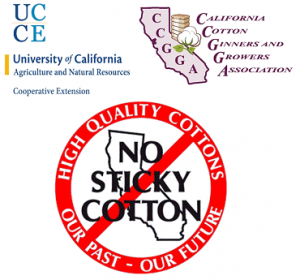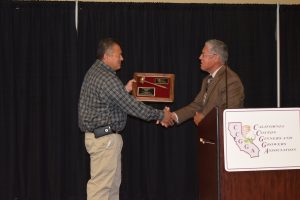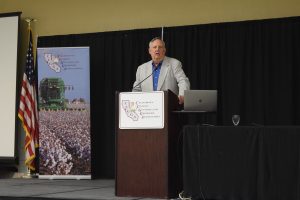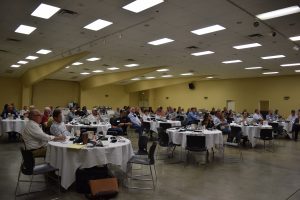On June 17, 2021, the California Occupational Safety and Health Standards Board readopts revisions to the COVID-19 Prevention Emergency Temporary Standards (ETS) and by executive order signed by the Governor, these revisions are effective immediately. Some of the revisions include:
- Fully vaccinated employees do not need to wear face coverings. Employers must document vaccination status.
- Unvaccinated employees are to wear face coverings indoors or in vehicles.
- Respirators (N95s) must be provided for voluntary use to unvaccinated employees who request them, at no cost and without fear of retaliation.
- Outdoor workers are not required to wear face coverings regardless of vaccination status, except during outbreaks.
- Physical distancing requirements are removed except where employer determines there is a hazard and during major outbreaks.
- Employers must offer COVID-19 testing at no cost and during paid time
- Employers must evaluate ventilation systems to maximize outdoor air, increase filtration efficiency and evaluate the use of additional air cleaning systems.
- Employer-provided housing and transportation are exempt from the regulations where all employees are fully vaccinated.
There are requirements that remain in place from the November 2020 ETS, those are:
- Written COVID-19 Prevention Plan;
- Effective training with instructions on the employer’s prevention plan and employee rights under the ETS;
- Notification of outbreaks to local public health departments;
- Notification to employees of exposure and close contacts;
- Procedures for responding to COVID-19 cases and outbreaks;
- Offer testing after potential exposures;
- Implement exclusion pay requirements; and
- Employer-provided housing and transportation prevention requirements.
In regards to vaccination status, the Equal Employment Opportunity Commission (EEOC) laws do not prevent an employer from requiring all employees physically entering the workplace to be vaccinated for COVID-19, so long as employers comply with the reasonable accommodation provisions of the ADA and Title VII of the Civil Rights Act of 1964 and other EEO considerations. Other laws, not in EEOC’s jurisdiction, may place additional restrictions on employers. From an EEO perspective, employers should keep in mind that because some individuals or demographic groups may face greater barriers to receiving a COVID-19 vaccination than others, some employees may be more likely to be negatively impacted by a vaccination requirement.
In addition, the employer shall develop and implement a process for screening employees and responding to employees with COVID-19 symptoms. The employer may ask employees to evaluate their own symptoms before reporting to work. If the employer conducts screening indoors at the workplace, the employer shall ensure that face coverings are used during screening by both screeners and employees who are not fully vaccinated and, if temperatures are measured, that non-contact thermometers are used.
To assist our members, we will be providing updates to the COVID-19 Prevention Plans.



